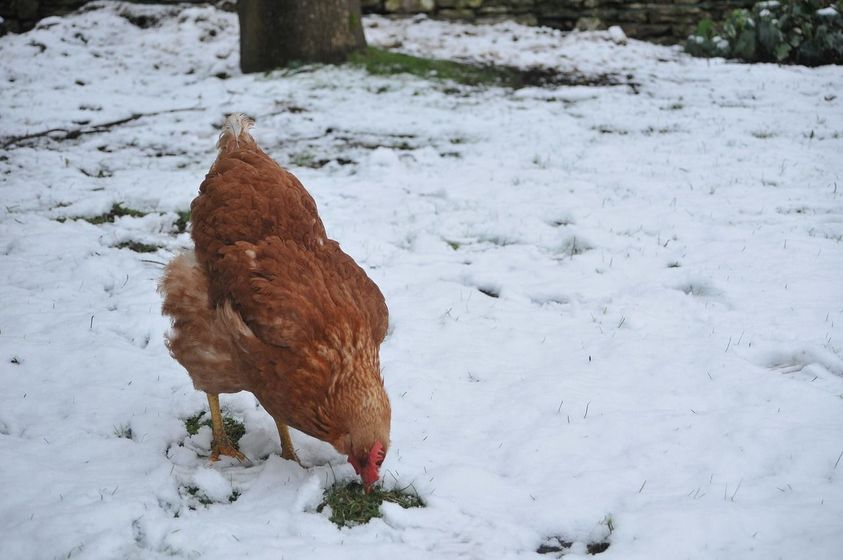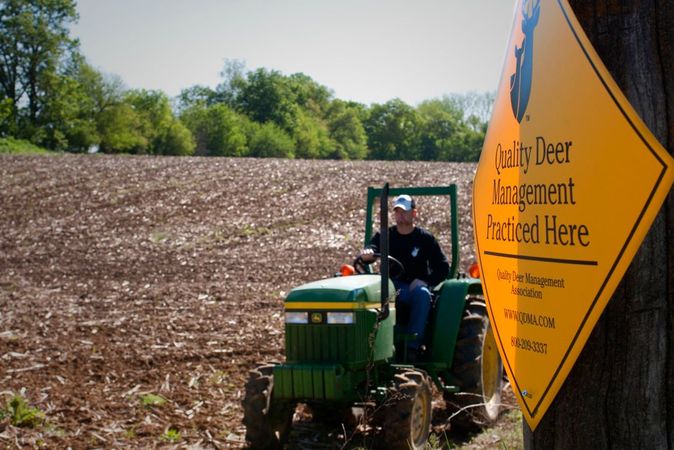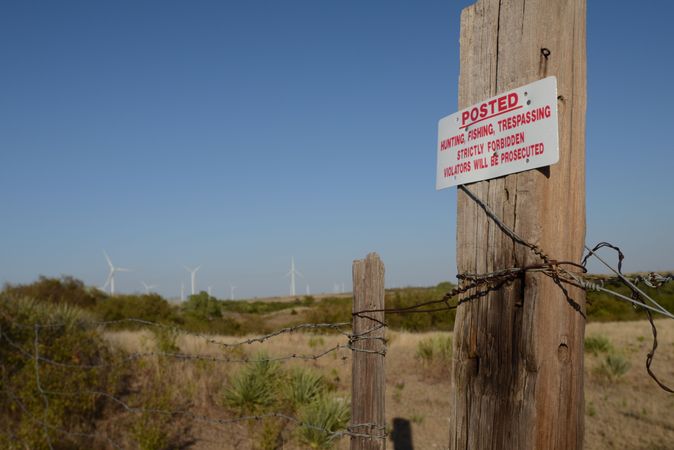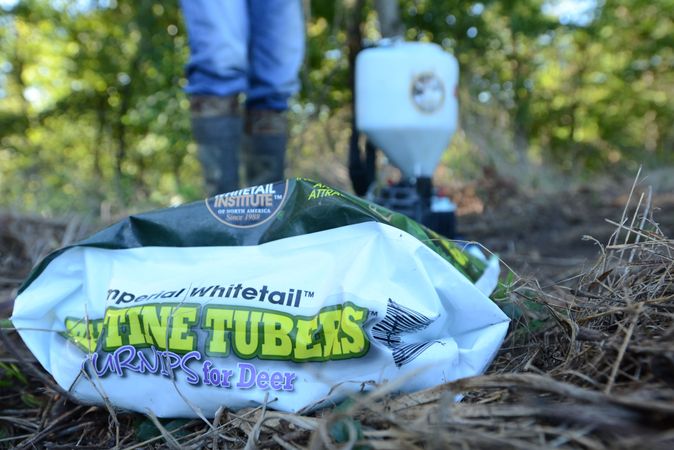Chickens are one of the most cost-effective farm animals. You can purchase them for cheap, especially chicks; structures are typically comprised of wire, two-by-four planks and staples or nails, or just a barn hallway; and feed is relatively inexpensive. Plus, eggs you get from a farm chicken have a far higher nutrition value.
During the warm months, chickens can fend for themselves fairly well. Water flows freely. Insects are plentiful in the grasses and plants, most of which they will also eat. Plus, predators won’t rely so heavily on domestic animals in the spring and summer. Coyotes, bobcats, raccoons and foxes aren’t so hungry they’re desperate enough to dine on yardbird. However, come winter when the mercury drops, the well-being of your chickens requires a little more consideration.
That said, caring for chickens in the winter is not overly difficult. We won’t get into the details here, but let’s assume you’ve already built a sound structure for them to live in. Or a quick alternative is an unused compartment of a barn. Secure a few roost poles, nesting boxes and place a couple of water and feed troughs and they’re set. The following are a few tips to keep your gaggle safe until spring.
Lock Them Up at Night
If you’re a weekend farmer, keep the chickens locked up during the week. On the weekend, set a reminder to shut the gate at night. Winter is the time when predators kill and eat the most animals. Coyotes, bobcats, foxes and others are burning up a lot of energy just surviving the frigid landscape.
Even if you live in an urban area it’s wise to shut chickens in each night. As predators continue to expand their range, neighborhoods are very inviting with an endless supply of outside cats and other delicious pets. Speaking of cats, even the most docile feline will kill a chicken. It’s innate.
Feed High-Protein Pellets
Chickens will also require more nutrition throughout the winter. Use high-protein pellets, which can be found at your local Tractor Supply Company. If they don’t receive enough protein, chickens and roosters will begin eating feathers, plucked directly off their backs, to compensate. This can cause their skin to become infected. Plus, high-protein pellets will allow them to lay more eggs than they normally would in winter.
Caring for chickens in winter means feeding high-protein pellets that will help store energy against the cold.
Use Heat Lamps
Heat lamps are a great additive for the long nights. If you’re coop is insulated, the lamps, depending on the strength of the bulbs, can keep it fairly warm. This will also help keep the water from freezing. Many have ambivalent feelings about using heat lamps in their coops. Light is the main ingredient in hastening the laying process - more light equals more eggs. The downside is that it’ll wear out the chickens much faster and shorten their lifespans.
Set Traps
Trapping predators will not only help keep your chickens safer, it’s also good for the wildlife. Using a combination of large and small traps, set a 50- to 100-yard perimeter around the coop. You could bait it with meat, cookies or by simply dropping in an egg and allowing it to crack. Check them every four or five days. You’ll be surprised what you find inside.







